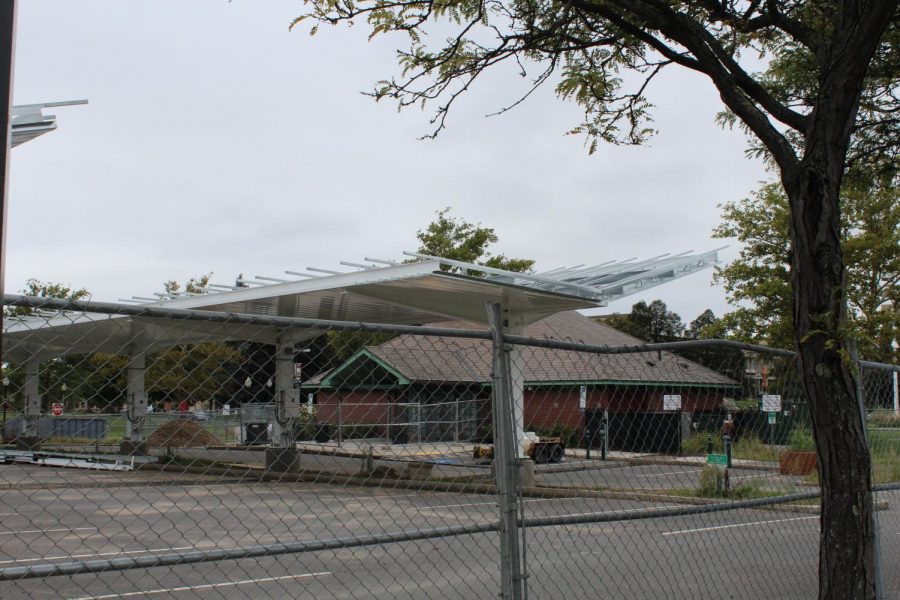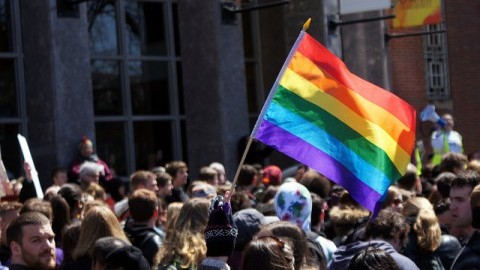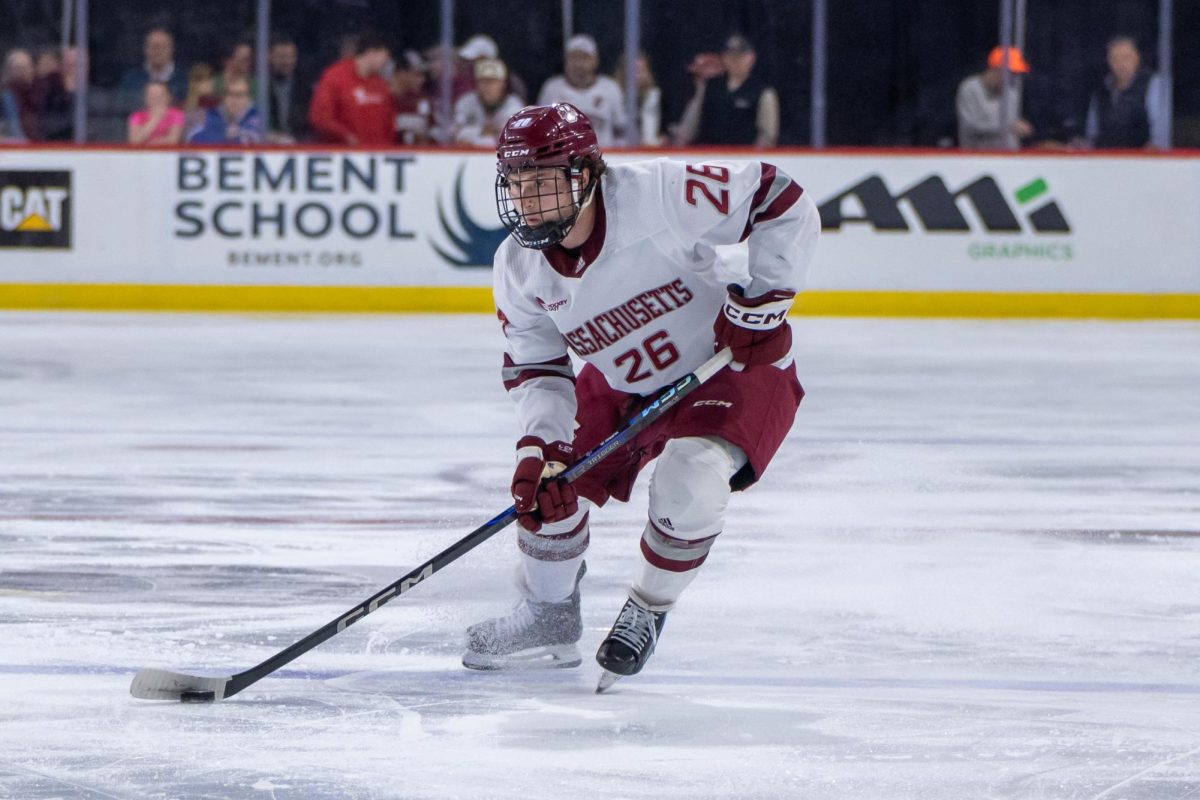
On Nov. 9, 2011 my mother died. Last Monday marked the four-year anniversary and a day in which my pain, anger and reflection are magnified. A day that I get to relive. A day that is no longer about death, but rather about loss. I differentiate between the two because her death is no longer about what went wrong or what could’ve been done, but rather about how I carry it.
As memories wither, so does a part of my identity. I’ve forgotten her voice, her smell and her touch. Apart from taking these things for granted, I’m still losing the pieces of my mom that I’ve been trying so hard to hold on to. Contrary to popular belief, grieving isn’t a process that has a beginning and end. It is only after I lost my mother that I understand grief to be a continuous journey that challenges one to grow, to love and to redefine how to live.
Four years have passed and I am still angry. I am angry that she had to leave me because no matter how many times I’ve heard that it will get easier, it doesn’t. I was robbed of the chance to share major events in my life with her like my high school graduation and acceptance into college. I was envious of my friends who had their mothers and the daily support that I yearned for. Angry in a way I could never explain to people who haven’t lost someone central to their life. Angry that she won’t be there when I need her the most. Angry that she will never meet my wife and kids. It hasn’t gotten easier, but I’ve gotten stronger, and had to, because her loss was my greatest lesson.
My mom continues to teach me, as I slowly learn to let go of my pain. Letting go of the cancer that took her life, the vivid images of our hospital visits, the anger of her absence and overall the desire that she was still alive. Instead of trying to hold on to the remainders of her life here on Earth, I need to learn to live without them. And that is the real challenge. To invite this fundamental change that is knocking at my doorstep and to understand that letting go is different from neglect.
In discovering life without her, I lost sight of who I was. I was my mother’s son, but how I let her life define me, so did I mistakenly let her death. Motherless. I desperately grasped to memories and feelings, keeping her alive in any way I knew how. Finding refuge in her music, photographs, clothing and writing, amongst the many things. She shaped my personality and identity; therefore, losing her piece-by-piece meant losing the notion of who I am.
I began to ask myself who I had become. Her death has changed me forever and instead of inviting this change into my heart, I resented it and myself. Despite what my friends and family said, I questioned whether my mother would love the person I am now. It was her words that I longed for because she knew who I truly was. It has taken me years to realize that I’ve asked myself the wrong questions. Rather than ask who I’ve become, I needed to ask who I could become. Rather than ask if she would still love me, I needed to ask how I will love and take care of myself.
Four years have passed and the next four years will bring more reflection. I will look back on this piece not as my triumph over loss, but as a stepping-stone in my grief. I will continue to lose sight of that fifteen-year-old on Nov. 9, 2011 and that’s okay because I’ll continue to gain perspective of who I am today.
Rest in Power, Arezou Nazari.
Alisina Saee-Nazari is a Collegian columnist and can be reached at [email protected].
















Sam Blackwell • May 30, 2016 at 10:29 pm
Inspiring me til this day,
Beautiful Beautiful words Alisina.
Faezeh • Nov 18, 2015 at 3:10 am
Alisina jan,
I am so touched by your article. I lost my son one week after my dear friend Arezou. I share your journey and have had difficulty explaining the metamorphosis we go through after losing dear ones whose prescence was and will always remain part of our identity. Thank you for sharing your story. I wish you all the best.
Arezou will always be missed.?
Fariba • Nov 17, 2015 at 11:26 pm
She was my friend too. your writing is very deep and mature.your mother was very mature too
Niloo • Nov 17, 2015 at 8:42 pm
What a genuine account of loss, grief and finding one’s true identity. I very much relate to this Alisina jan. After losing my father and struggling to know what would make him proud or not, I finally realized what would make him happy is if I find more and more my own voice even if it is to verbalize what he would disagree with. To love myself on my journey of life and not to try to live his journey.
I can tell by the wisdom in your writing that the pain has been deep. Sending you love from the depths of my heart.
Noushin Dowlatshahi • Nov 17, 2015 at 5:44 pm
Beautiful article!
Very moving.
I am a friend of Ati and remember how graceful and loving your mother was.
Best to you
Noushin
Minoo • Nov 17, 2015 at 1:08 pm
Reading this piece reminded me of Arezou so much, You have become a true reflection of her. She was so proud of you and this piece makes it more so.